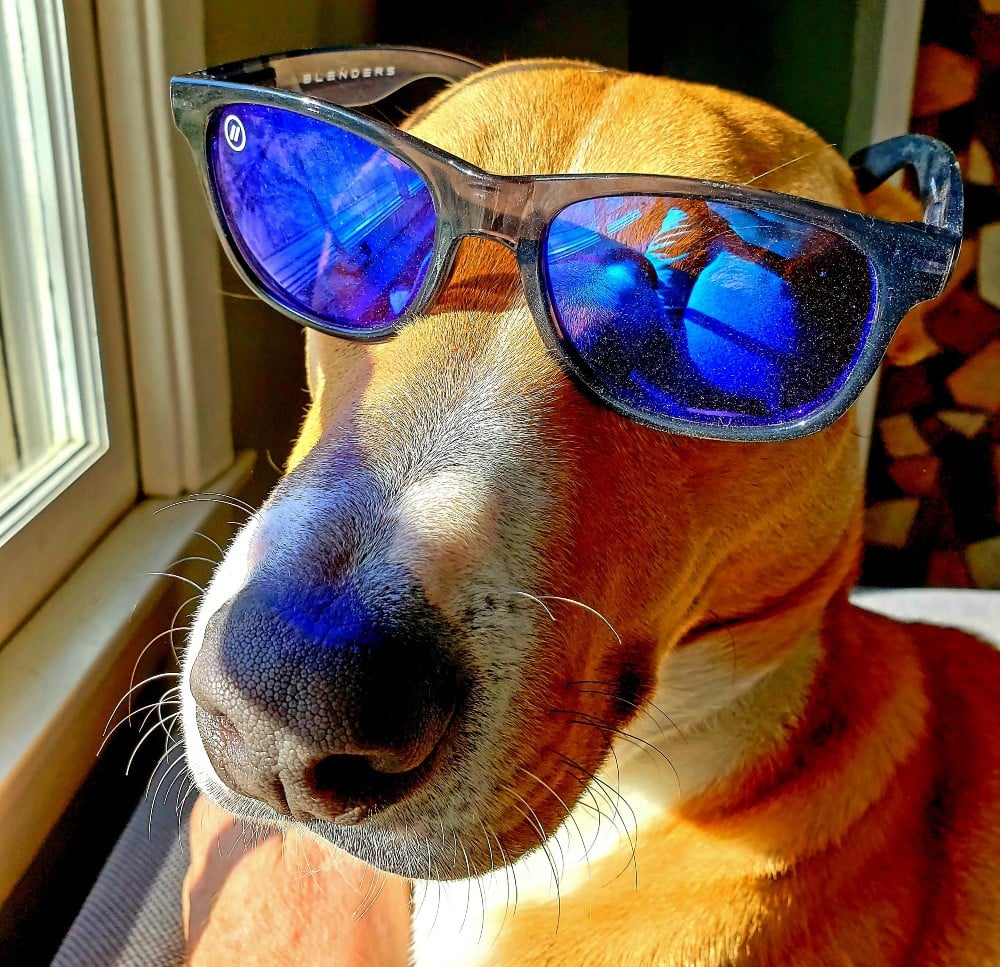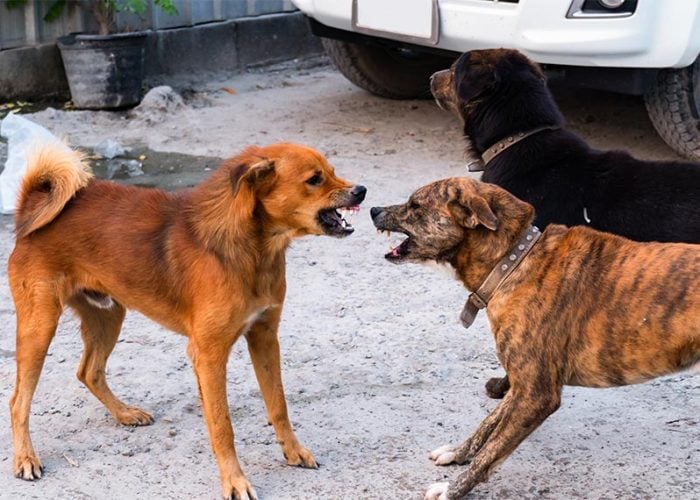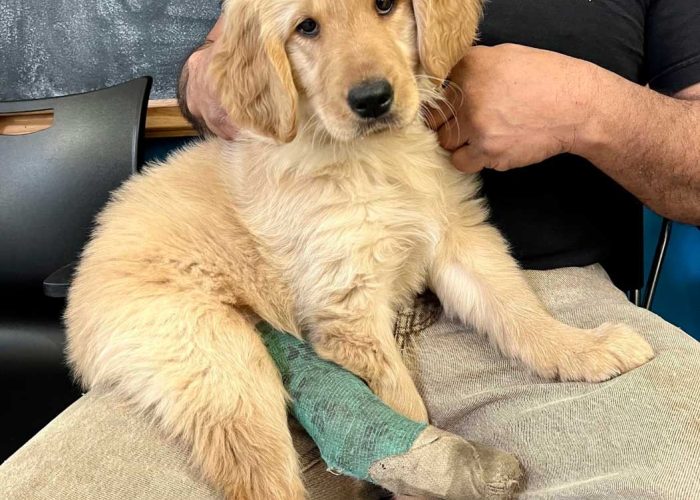How much are our animals like us?
If you have spent any time at all on social media you know that there are plenty of people anthropomorphizing their pets. That’s a big word that I couldn’t pronounce or spell until I looked it up, BTW. It means attributing human characteristics or behavior to their pets.
And, I’m here for it.
I’m a pet nerd from the time I could crawl. While I might not dress my dogs in t-shirts and hats or push them in strollers, I get it. In fact, I probably would if either of my dogs would stand for it. Forget the cat … she’d get downright homicidal if I tried it.
But for all of our desires to see our pets as four-legged versions of us, they’re still dogs and cats. That means they will still kill the random baby bunny (some won’t, thankfully), will eat gross and stinky things, drink foul water, swallow grass and bark and then barf on the carpet. Heck, some of you may do that, too. And that’s okay.
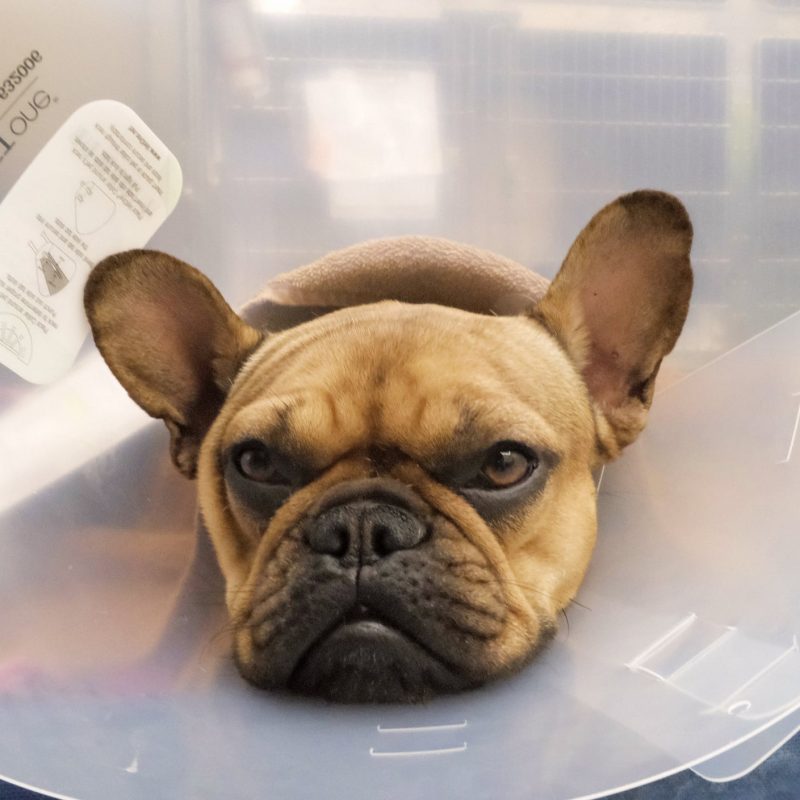
Thing is, our animals process information and make decisions differently than we do. You’ve probably heard someone say about a dog who has just torn a pillow to shreds that “she knew she did something wrong.” Actually, according to veterinary experts, dogs or cats don’t judge their own behavior. That’s a uniquely human characteristic. What they’re doing – especially dogs – is reading the room. And they do it really well.
Because dogs are pack animals but can’t speak, they pick up on the tiniest of cues and they do it in a split second. This helps the pack maintain order and survive. Meaning … your facial expressions, body language, those angry eyes, all mean something to them. Therefore, when you come home and see the sofa spread from one end of your living room to the other, your angry face will give you away.
Your dog will know instantly that you’re upset. She won’t know why or at who, but she will definitely react like she made a big mistake and is now very, very sorry for it. Only she isn’t. She’s just confused and trying to make good with the boss.
But pets are like us when …
Recently, my dog Tali had to be euthanized. He was 14 and had leukemia, which he’d had for two plus years. Afterward, I witnessed something I’d definitely seen before: grief.
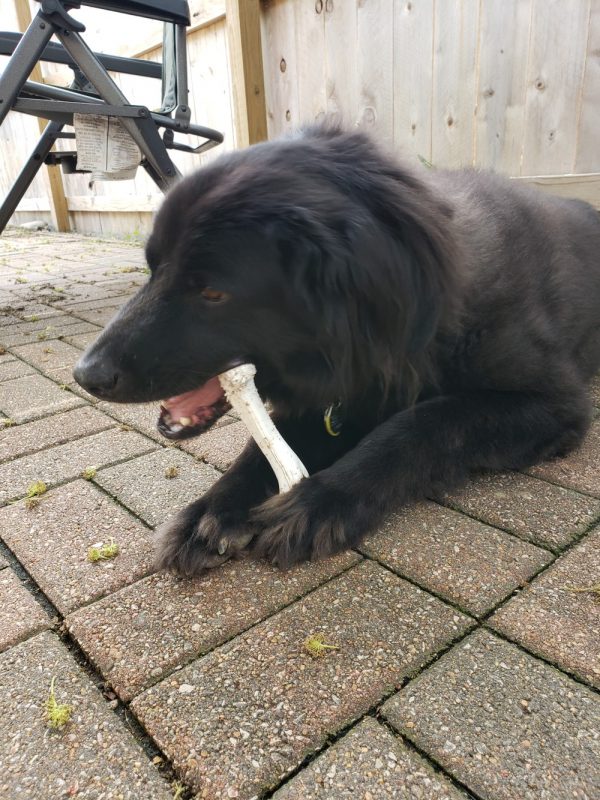
And this is how our pets are very much like us.
My 11-year-old border collie mix has been the happiest of boys his entire life. He wags his tail so hard all the time that he looks like he’ll break in half. He’s never met a stranger and wouldn’t harm a baby bunny if his life depended on it.
That changed the day after we lost Tali. The dog who was at Oggie’s side day in and day out, the dog who gently cleaned his face every morning, was now gone. The impact of that was immediate. The signs, however, were subtle. Oggie still wagged his tail like he was trying to achieve lift off. But he was more clingy. Also, he laid in the same position right next to the fireplace that he always had. Only now with his brother gone – for the first time – he laid facing the fireplace. It was almost like he was trying to look away as to not notice the empty space where his brother would lie just a couple of feet from him. He also slept more.
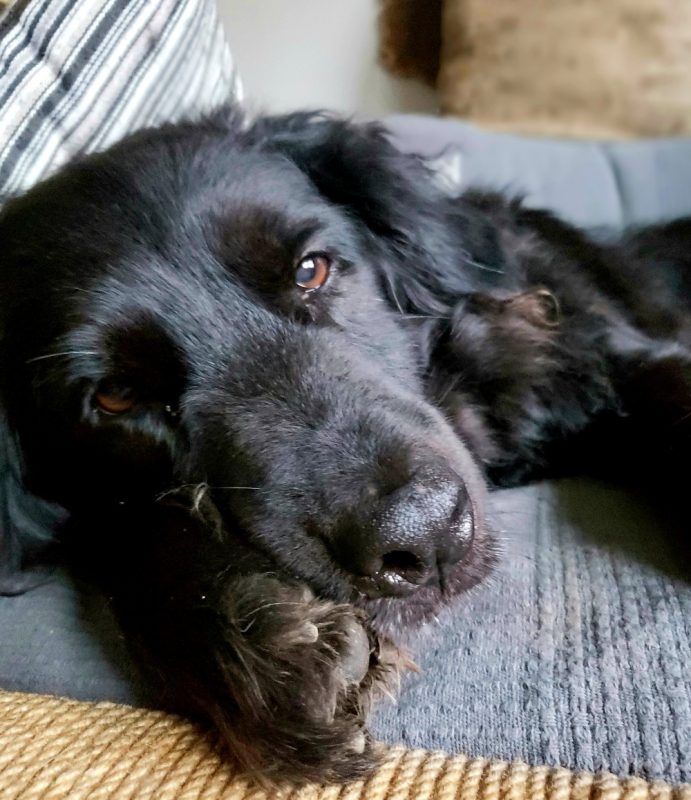
I’d seen this before. Our dog Annie stopped playing Frisbee® after we lost her packmate, Sidney. And when Tali’s older brother, Denly, passed in 2013, Tali stopped wagging his tail for three months. He just kept looking for Denly in all the places he normally sat or laid.
In this way, our pets are very much like us. And that’s when they need us most
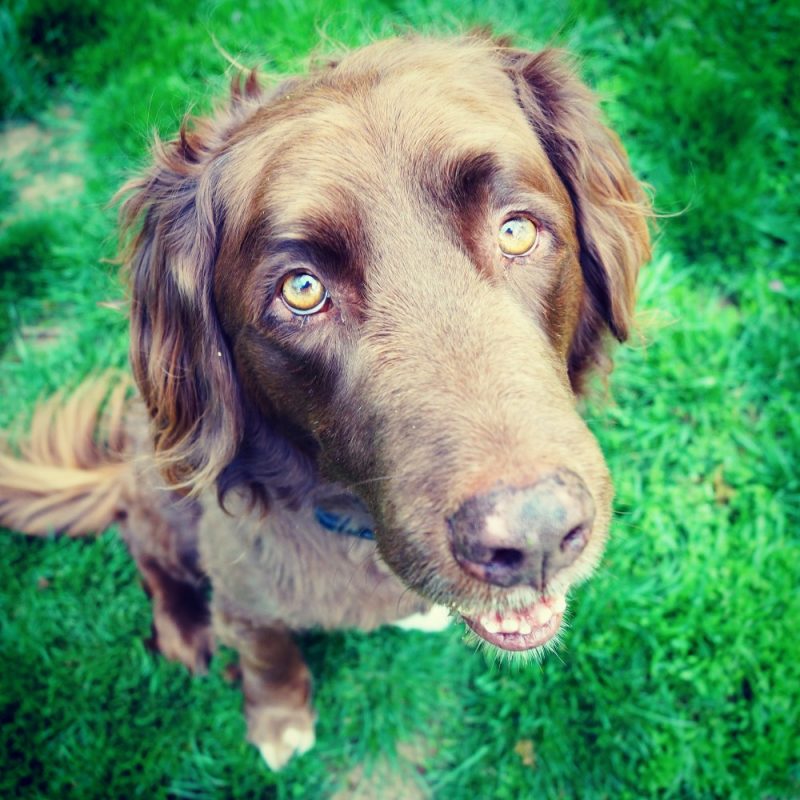
Here’s how to help your grieving pet
For starters, let’s talk about cats. They do grieve although it may not seem like it. Cats, after all, are masters of deception. For reasons of survival, cats are great at masking injury, illness and any other perceived weakness. Dogs, too, to some extent, but they grieve differently and more openly (typically). Either species, however, benefits from some special treatment after the loss of a loved one.
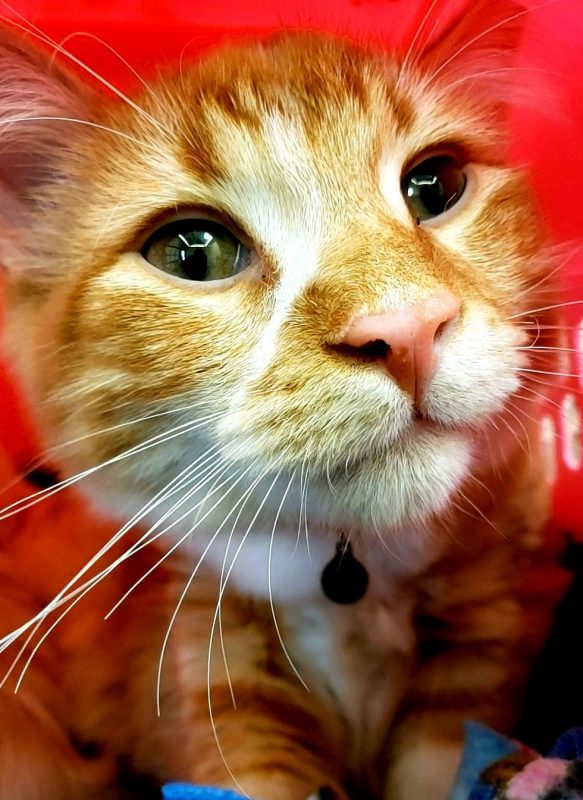
- Spend extra time with your pet. Meet them where they are. That means give them as much attention as they want. If they seem interested in being alone, that’s okay, too. Just try to be patient and understanding.
- Maintain a normal routine. Pets love a routine. That’s why you should stick to yours to prevent any added stress. This will also let your pet know that life is still normal despite the loss of a loved one.
- Do something special. If your dog loves the park or car rides, then go. Oggie likes to come to work with me because the attention is his drug of choice. That’s why I brought him here regularly after we lost Tali. Maybe your cat likes the neighbor next door. Invite them over. Keep them occupied with things they love and it will help. Toys and treats are good as well.
- Loosen the rules some. If your pet is grieving, he/she might behave in ways that you consider inappropriate. Now’s the time to reinforce good behavior and just let those small issues pass.
- Wait on getting another pet. My MO is to get a new pet as quickly as I can. Not for any other reason other than I have the space and that means one more stray/shelter pet gets a home. But waiting is smart. Now is not the time to add more stress to your pet’s life. Rather, give them time to grieve and get spoiled. It will help.
This is the sad and unfortunate part of being a pet lover. It’s our duty, though, I believe. What we owe to those we lose and to those left behind for all they give to us in return.
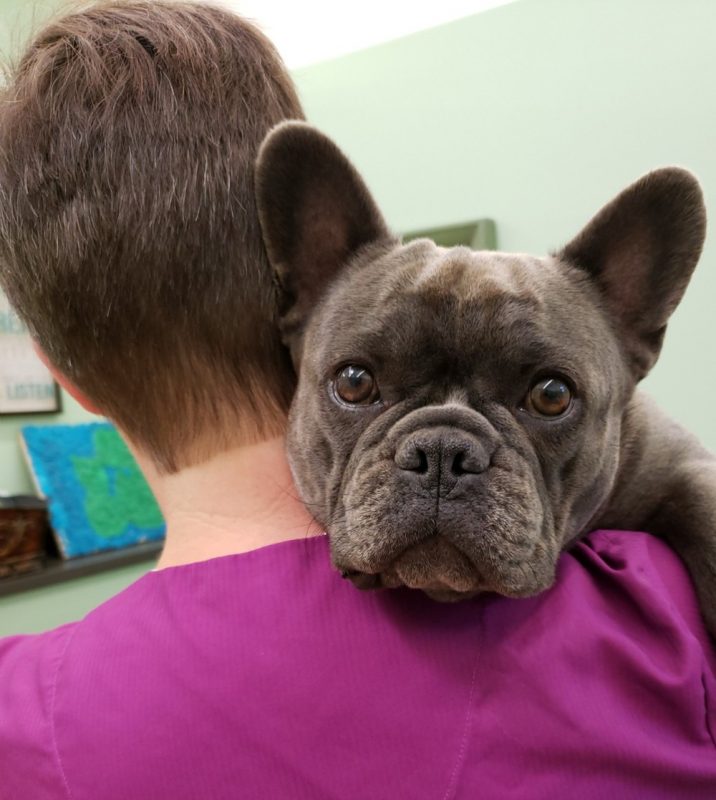
Take your time with it and give your pet the space he or she requires. And take care of each other as family does in times of need. Hugs help.
